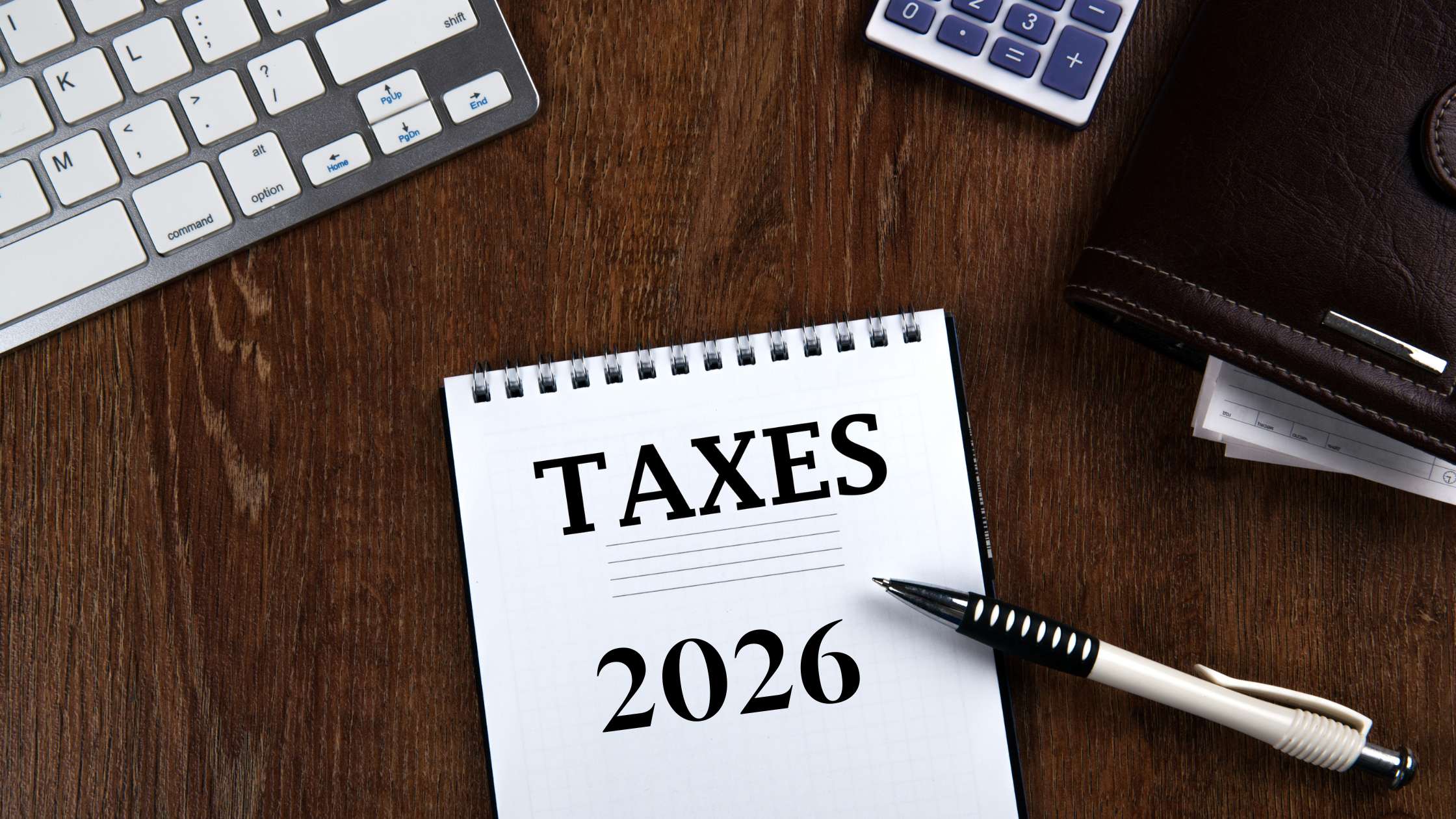Tax Day is over—deep breath—but your work as a small business owner isn’t quite done. While you may be tempted to file everything away (literally and mentally) until next year, now is actually the perfect time to set up better systems that will make tax planning for 2025 a breeze.
By staying organized after tax season, you can reduce stress, avoid scrambling during deadlines, and gain better control over your finances. Whether you’re managing your own books or working with a professional, the following bookkeeping tips, digital tools, and routines can help you keep everything in order year-round.
Start by Organizing Your Tax Documents
One of the simplest ways to make next tax season easier is to organize tax documents as soon as this one ends. Sort and label everything you used this year—W-2s, 1099s, receipts, expense reports, charitable donations, mileage logs, etc.
Then, create a digital (and physical) system that mirrors this structure for the coming year. You can:
- Use cloud-based folders labeled by category and month
- Scan physical receipts into digital PDFs and store them securely
- Save email receipts in a designated folder within your inbox
The goal is to prevent the dreaded “shoebox of chaos” scenario next spring. The better your small business recordkeeping system now, the easier it’ll be to file next year—and to spot deductible expenses along the way.
Build a Monthly Bookkeeping Routine
Don’t wait until the end of the year to get your books in order. By implementing a monthly routine, you’ll not only be prepared for tax time, but you’ll also get real-time insight into your business’s financial health.
Here are a few monthly bookkeeping tips to follow:
- Reconcile your bank and credit card statements
- Record and categorize all income and expenses
- Track accounts payable and receivable
- Review outstanding invoices
- File and backup receipts and records
Even spending just 1–2 hours a month on these tasks can make a huge difference in reducing year-end stress. If this feels overwhelming, consider working with a bookkeeper or accountant (hi! 👋) to set up a process that fits your business.
Embrace Digital Tools That Do the Heavy Lifting
If you’re still using a shoebox or spreadsheet to track everything, it’s time for an upgrade. Today’s cloud-based accounting software can automate much of your small business recordkeeping and take the guesswork out of staying organized.
Some popular tools include:
- QuickBooks Online – Great for invoicing, tracking expenses, and generating reports
- Xero – User-friendly with solid inventory management
- Receipt Bank / Dext – Snap a photo of a receipt and it’s logged and categorized automatically
- Google Drive or Dropbox – Store and organize important tax documents securely
Choosing the right tech stack now means you’ll enter tax planning for 2025 with everything already in place—and probably wonder how you ever did without it.
Don’t Wait to Plan for Next Year’s Taxes
Tax planning is not just a Q1 thing. Starting tax planning for 2025 now gives you the ability to make strategic decisions throughout the year—from estimating quarterly taxes to taking advantage of deductions you may otherwise overlook.
Here’s what you can start doing now:
- Reassess your estimated quarterly payments
- Adjust your withholding if you’re also on payroll
- Keep a running list of deductible business expenses
- Consult with an accountant mid-year (not just at tax time!)
The more proactive you are, the more money—and stress—you save later.
Get Everyone on the Same Page
If your business has employees, contractors, or partners, make sure everyone understands your new systems. That could mean:
- Implementing a uniform process for submitting receipts
- Having clear deadlines for turning in monthly expenses
- Sharing access to your digital document organization system
When everyone is aligned, you avoid bottlenecks and late paperwork that create friction at the end of the year.
Post-tax season is the perfect time to get organized and take control of your finances. With the right systems in place, you can organize tax documents, maintain clean small business recordkeeping, follow smart bookkeeping tips, and take proactive steps toward successful tax planning for 2025.
Your future self (and your accountant) will thank you.
And if you’re not sure where to begin, CSquared Accounting is always here to help you set up the tools, systems, and support you need to stay ahead—all year long.







Leave A Comment